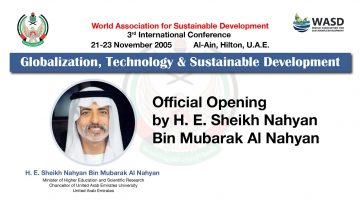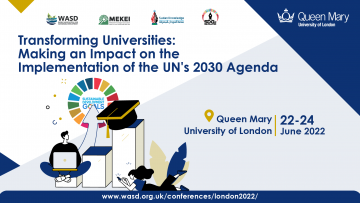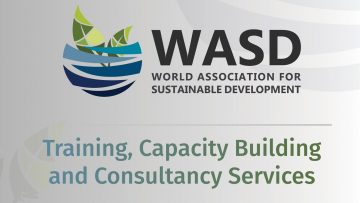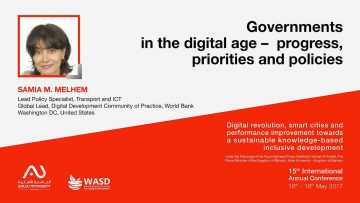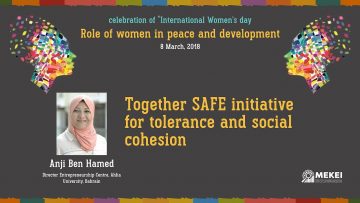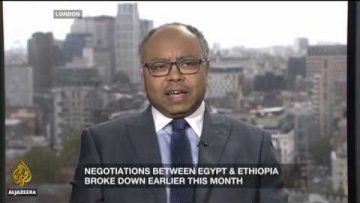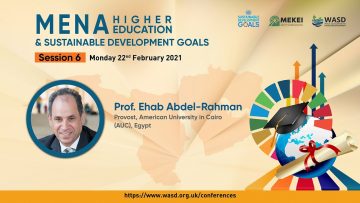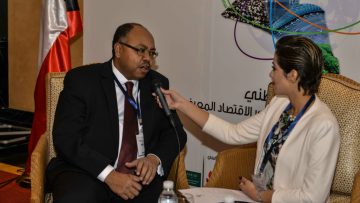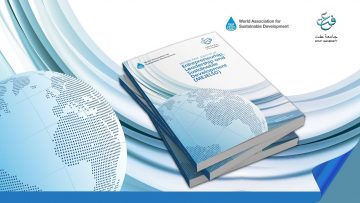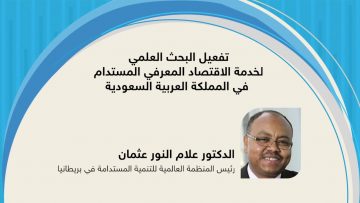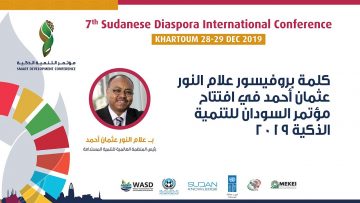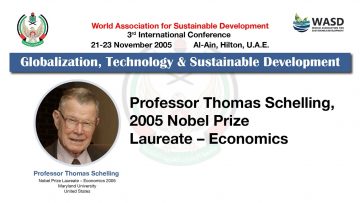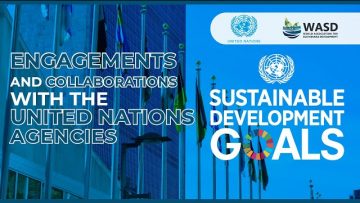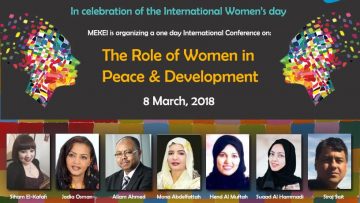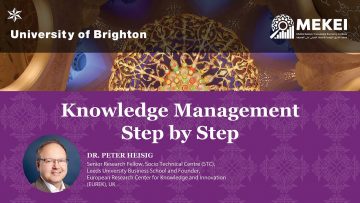(02) Strategic importance of quality education in MENA countries, Prof. M-Said Oukil
Prof. M-Said Oukil
King Fahd University of Petroleum and Minerals
Saudi Arabia
DOI: 10.47556/J.IJIKMMENA.1.1.2012.2
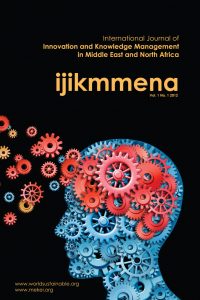 Purpose: Discuss the strategic importance of quality education as a determinant in the transformation process towards innovation-driven economies and entrepreneurial societies with reference to the case of the Middle East and North African countries.
Purpose: Discuss the strategic importance of quality education as a determinant in the transformation process towards innovation-driven economies and entrepreneurial societies with reference to the case of the Middle East and North African countries.
Design/methodology/approach: The author uses a descriptive and analytical method, and draws from available literature and secondary data. Inspiring from his long teaching experience, he presents a critical viewpoint about the situation with the focus on innovation/entrepreneurship education in the Middle East and North Africa region.
Findings: In general, education systems in the region are less practice and business-oriented than those in leading Developed and Emerging countries. More specifically, gaps in innovation and entrepreneurship are very significant with regard to teaching, training, learning methods, post-graduate and research programs.
Research limitations/implications: The study is broad covering the Middle East and North Africa countries, but conclusions apply to the great majority of them. Decision-makers in the education sectors are called to introduce the necessary changes as fast as possible in order to make teaching and learning an exciting and practically useful process to students themselves, the economy and society, at large.
Originality/value: Very little or not enough research is available to explain why the Middle East and North Africa countries are lagging behind in shifting towards innovation-driven economies and entrepreneurial societies. This question is quite interesting while huge investments have been made in education and infrastructure. These countries’ science and technology policies are also known to be very ambitious.
Keywords: Quality Education, Systems, Entrepreneurial Universities, Societies, Innovation-Driven Economies, Accreditation, Standards, Culture, MENA Countries.





